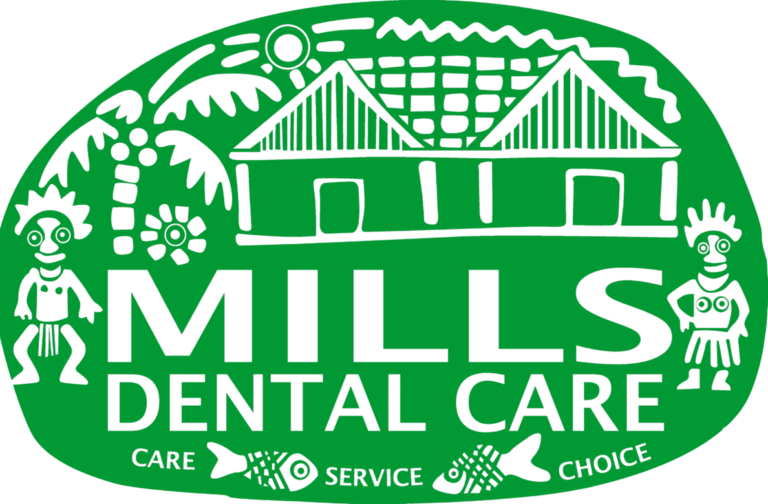We’ve all been there. You think that twinge is nothing to worry about. You push through. Months pass but you can’t shake the nagging pain, and Dr. Google doesn’t provide any relief. You finally admit you have a problem you can’t solve on your own.
“It blows my mind how much attention, money, and energy people put into their gear but then don’t put into the thing that uses the gear,” says Nicole Haas, a physical therapist based in Boulder, Colorado. “Everyone knows you need to tune your skis and tune your bike. PTs are quite literally the mechanics of humans.”
Nicole Haas
There are a lot of misconceptions about physical therapy: it’s a long and expensive process, it’s only for severe injuries, you’ll have to stop doing what you love. But often it takes just a session or two to get back on the right track, and plenty of PTs encourage their patients to keep doing their sport (with modifications) during the recovery process. The faster you seek help, the faster you’ll likely be back in action.
Deciding to see a medical professional is the first and hardest step. Once you’ve committed, follow Haas’s advice, below, on how to make the most of physical therapy.
Recognize When You Need Help
Chronic overuse injuries can be challenging to recognize and accept. If something has been lingering for two weeks or longer and isn’t getting better, Haas recommends seeing a medical professional for an evaluation. The discomfort doesn’t need to be consistent throughout the day, Haas adds. “If the pain shows up whenever you do a particular sport or activity, there’s a biomechanical problem,” she says.
Whether you should see a PT or your primary-care physician first is another consideration. The direct access law allows patients in all 50 states to see a licensed PT without a prescription or referral from a physician, according to the American Physical Therapy Association. However, there are limitations in certain states. If you think your injury is biomechanical and doesn’t stem from any underlying medical issues, going directly to a PT can save you valuable time, not to mention co-pays. If your PT has any concerns, they can always refer you back to your doctor.
You might be inclined to just take a few weeks off, but passive rest won’t correct the underlying issues that led to the injury in the first place. Early intervention means quicker recovery, potentially fewer visits, and higher odds that you’ll be able to continue doing your sport (with modifications) during the recovery period.
Choose the Right PT
Physical therapists span a broad spectrum of approaches, training, philosophies, and experience. Research a PT’s education, specialization, and experience, and ask around for recommendations. Physical therapists who work with athletes frequently—and, ideally, are athletes themselves—will better understand your passion and goals.
If your PT is part of a larger practice, ensure you’ll get to see the same person each time, rather than a rotating cast. It’s useful to ask how much face-to-face time you’ll get during each session, too. If the PT keeps an open line of communication between visits, responding to calls, texts, or emails, you may see faster progress and more personalized care.
Be a Good Historian
Your PT is a detective. During your initial evaluation, they need as much information as possible to create a treatment plan. Create a timeline of your injury in advance, including how it has progressed or changed over time, what aggravates the pain, and what makes it feel better. Note when the pain showed up and whether anything in particular provoked it, like a crash or a tweaky movement. If there wasn’t a specific incident, think about when you first started to feel symptoms. What else was going on? Did you increase or change your training? Even simple things like new running shoes or ski boots or long hours at your desk can trigger a problem.
Use Physical Therapy as an Educational Opportunity
Haas sees two types of patients: those who treat their appointment like an obligation and move disinterestedly through a laundry list of exercises, and those who show up curious to learn about their body and how to care for it. “The success of therapy isn’t just about doing the exercises but understanding the issue and the things that can be done throughout one’s daily life,” says Haas. Come with an open mind, and ask questions.
Overcommunicate
Tell your PT what you’re feeling throughout your appointment, whether you think it’s important information or not. “If I have you move in a certain way, I’m not just looking for pain, I might be looking for tightness or other sensations.” Haas says.



